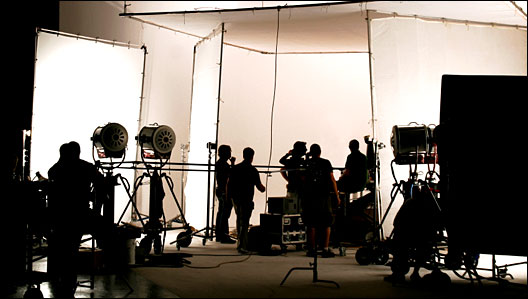
Imagine that back in 1999 you were a Hollywood studio executive and a movie producer brought you the following pitch:
A bumbling, incurious child of privilege wastes his youth on Oedipal rebellion. After stumbling through a series of failed business ventures and an undistinguished stint as governor of a state in which the governor has no power, he finds himself on the brink of the presidency. He is intercepted there by a bitter old veteran of Washington infighting, a man eager to repay old slights by radically remaking the federal government. Under the guise of helping the bumbler find a vice president, the veteran installs himself in that role.
Upon taking office, the bumbler and his shadowy consigliere immediately begin dismantling environmental protections and reversing campaign promises to regulate pollution. Consigliere develops a new energy policy by convening secret meetings with representatives of the nation’s dirtiest industries, while refusing to release any information about who participated or what was said. The federal bureaucracy, newly stocked with industry lobbyists, drives through measures that allowed increased toxics in drinking water, massive mine waste dumps in streams and rivers, and an explosion of energy exploration and drilling on public lands. Environmental enforcement drops off sharply; government scientists and scientific reports are censored.
Would you make that movie? Probably not. It’s over the top. Lacks depth. The characters are two-dimensional. No real-world politician is so uniformly hostile to environmental protection and social justice, so committed to partisanship over science, so single-mindedly dedicated to looting the public trust for the benefit of large corporations.
To be fair, Oliver Stone got such a movie made, but only after the Bush years were almost over. It’s hard to see how anyone from the pre-Sept. 11 years could have envisioned how W.’s time in office would unfold.
Therein lies the unique challenge that the administration of George W. Bush posed to journalists, particularly environmental journalists. People are drawn to journalism by curiosity about the rich textures and complexities of the real world. By temperament and training they’re inclined to see every issue as multi-faceted, a clash of competing perspectives. So what do reporters do in the face of a real-world leader who for all intents and purposes might as well be Snidely McEvil, twirling his mustache and tying damsels to the railroad tracks? What do they do when there’s barely a patina of policy or ideological rationale behind the sheer will to crush political opponents and elevate political allies? When the most interesting question about any given act is whether it’s better explained by ignorance or malice?
Turns out they blow it. Mainstream journalists’ fear of two-dimensionality — perhaps more importantly, the fear of being branded as “biased” — turned out to be stronger than their will to tell the truth as it unfolds. The result has been a kind of normalizing filter around officialdom, whereby every act, no matter how mendacious or destructive to the public interest, is a reasonable, good-faith position that “environmentalists” object to (down in paragraph five).
Grist tried to tell the truth about the Bush administration as we see it. Frankly, it wasn’t always a picnic. Monochromatic hostility toward the environment, reported honestly, is, well, monochromatic, no matter how clever your headlines. Not only that, but it gets you labeled as “activist,” the worst epithet available in media circles. It’s a price worth paying — not like mainstream media outlets are reveling in their success — but let’s face it, it’s dispiriting and eventually, boring.
As we look back over the astonishingly and almost uniformly dismal Bush record on the environment, we are above all relieved and excited, if only for selfish reasons. Despite the pressing challenges facing humanity and the planet, and however events end up playing out, the next few years promise a richness and drama that we as journalists have sorely missed.
Grist grew up under Bush, and despite everything we’ve had a blast. But with this look back, we, like the country, look forward to moving on.

